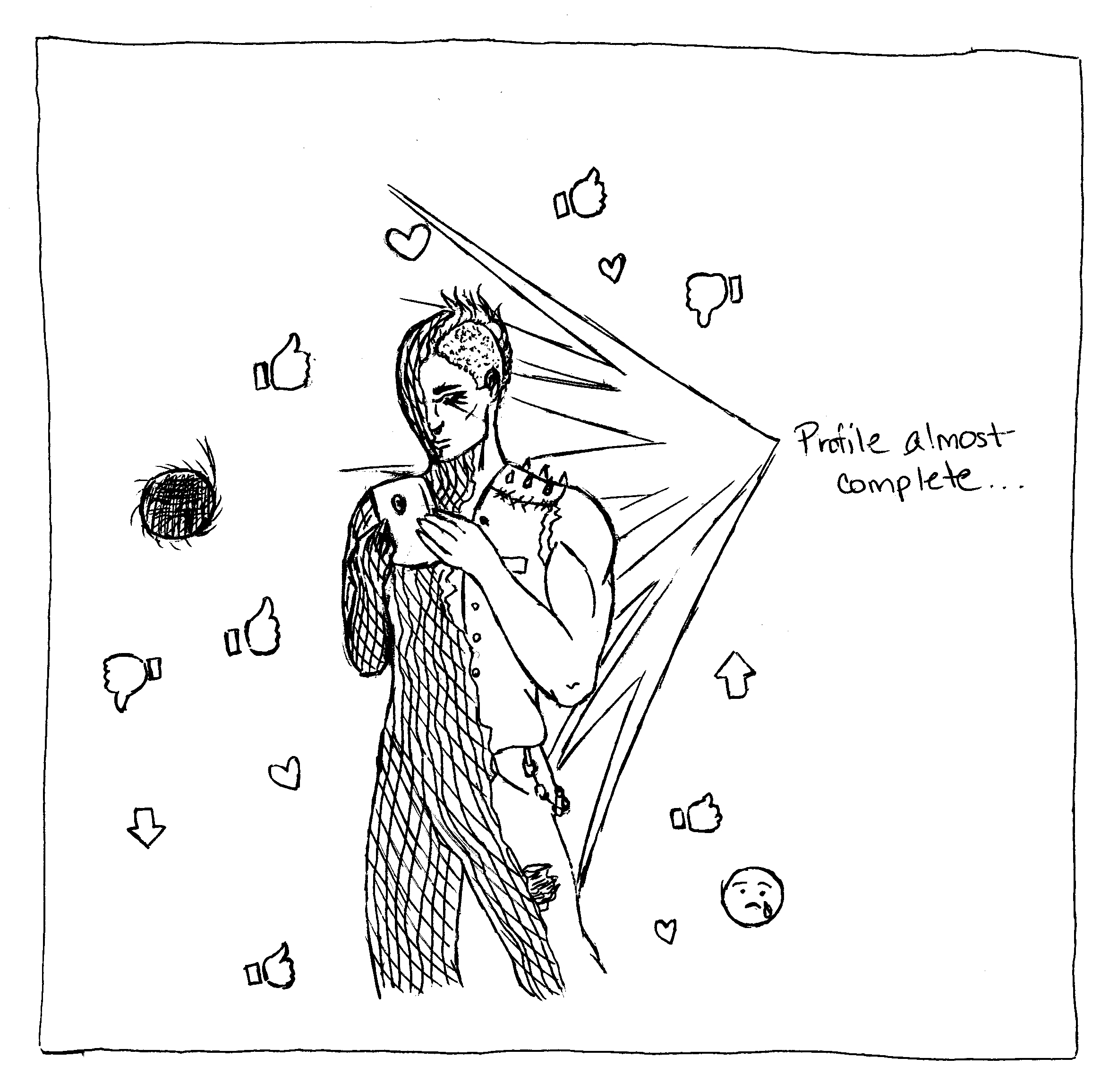Legislature, algorithms and the politics of data
April 19, 2019
This past Monday, over 400 students, Stanley Druckenmiller and I packed into Pickard Theater to listen to John Kasich. The talk was very informative. For instance, I learned that Ohio had dealt with race, that presidential power is overrated and that the Nixon White House tapes probably include a recording of an 18-year-old Kasich.
And yet, somewhere between calling on his Chief of Staff, Beth Hansen, to offer material to a first year interested in criminal justice and advising us to take a chill pill about 2020 (since, after all, every election is the most important election!), Kasich sidestepped a question on hate groups in Ohio by addressing his frustration with an unconventional policy topic for politicians aged 65 and over: big data.
Besides the 400 students, “Stan the man,” Kasich and I, Becca Vanneman ’19 was also in Pickard on Monday. After the event, Vanneman, a Computer Science (CS) and English double major, talked with me about legislators and tech-related issues.
“Kasich sounded really misinformed, which puts [constituents] in a position where our needs aren’t being met,” she said. “It’s legislators who get the final say, instead of constituents. For instance, net neutrality really shouldn’t have been an issue, and privacy should be a bigger deal than it currently is.”
Most constituents are able to interact with the technology but lack the nuts-and-bolts understanding of what goes on behind the screen. Do we need to be well-versed in technology in order to be able to make informed decisions?
“Part of the reason we have the [democratic] system set up the way we do is so that people don’t have to have that technical knowledge to understand the technology or be well-versed in all issues,” said Vanneman. “Even before I decided on the CS track, I knew I was interested in these issues because I was concerned about my privacy.”
“Kasich made a point about how we need to stand up and protest against top-down decisions, and I think he’s mostly wrong,” she added. “I don’t think we should fight for basic rights. There needs to be a level of knowledge on the part of everyone, especially the legislators. I mean, that’s why we have indirect democracy—not everyone can be an expert in everything.”
I asked Vanneman if privacy could be a non-partisan issue (imagine!), considering the lack of political capital in the subject itself. She said that even if the legislature wanted to regulate the ways in which tech companies are managing our data, all too often these regulations fall behind the curve. Technological innovation is rapid, and lawmakers can’t keep up.
“Technology is far surpassing the legislature that can govern it. And our generation is the experiment, the guinea pigs and also the skeptics. There needs to be a healthy dose of skepticism because we could get a form of Big Brother,” Vanneman said.
“Did you know that Facebook and Instagram algorithms can know you better than a parent does with [information from just] 10 likes? … We’re giving up so many of our freedoms for convenience, and we need to think deeply about what we value, why we value it and how we can protect it. People need to be aware.”
We discussed the CS major at Bowdoin and how it can help students be aware of these technological advances.
“Technology alone is useless—it’s just zeroes and ones in a computer. But once you combine it with these other applications, that’s when it becomes powerful and useful,” Vanneman said. “And I think that’s why liberal arts is perfect for CS in so many ways.”
Vanneman’s favorite work in the Bowdoin CS department demonstrates the creative potential of this field. Visiting Assistant Professor of Computer Science Stacy Doore’s work focuses on assistive technologies for the hearing impaired. A few years ago, a CS and English double major made a visualization map of the relationship between characters in Jane Austen’s novels as part of an innovative honors project.
“A lot of technologies that are at the forefront are flashier, but I think that technology as an equalizer is technology in its purest form. Technology has the potential to level the playing field for everyone, even the field itself,” Vanneman said. “I worked with someone two summers ago who never received a formal education in coding and was completely self-taught. He got himself a job as a software engineer. It’s a very cool American Dream type of story.”
Maybe one day, we’ll be saying pull yourself up by the algorithms.


Comments
Before submitting a comment, please review our comment policy. Some key points from the policy: